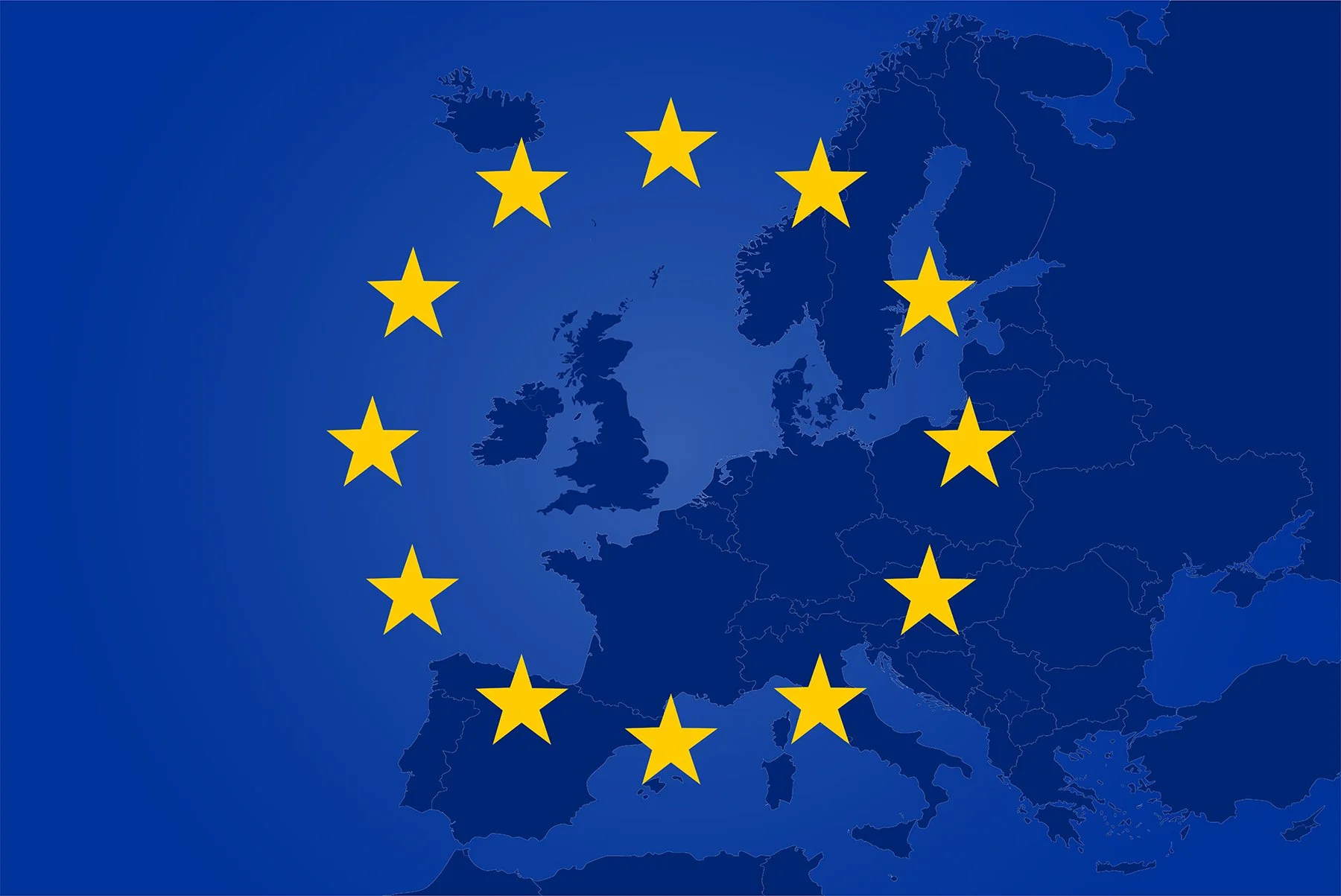
Blog
The paradoxes of a value-based EU foreign policy
A value-based foreign policy is paradoxical, exemplified by EU democracy assistance in Tunisia. Despite spending billions to promote democracy, the EU simultaneously curtailed migrant rights in the Central Mediterranean. Ian Manners' "Normative Power Europe" concept highlights these contradictions, noting the gap between EU values and actions. Scholars debate whether these paradoxes are occasional deviations or intrinsic to EU foreign policy. Critics argue EU values may mask post-colonial agendas, while others see the EU as a beacon of freedom. The paradox persists due to binary thinking and the EU's complex identity, challenging our understanding of liberal values in practice…
The External Dimension of the Rule of Law in the EU: Current Challenges of Judicial Review in the field of EU Common Foreign and Security Policy (CFSP)
CFSP sanctions, crucial post-9/11, have become more autonomous, especially after the 2022 Russian invasion of Ukraine. These measures challenge EU law, raising questions about the CJEU's jurisdiction and the rule of law. Landmark cases like Kadi I and Rosneft showcase the CJEU's efforts to balance CFSP measures with fundamental rights. Upcoming decisions will further define the CJEU’s role, impacting the EU's legal order and potential ECHR accession.
Nonviolent Democratic Theory and the Future of Democracy in Europe
The rise of far-right parties in the recent EU parliamentary elections signifies a critical juncture for European liberal democracies. As Baruch Spinoza noted, human activities need passion to prosper, and contemporary European politics is seeing a shift from democratic passion to populist obedience. Alexis de Tocqueville's analysis from 1835 highlights the risk of losing independent thought and action among citizens, a concern that is increasingly evident today. The elections reveal a pressing need for moral leadership in European democracy, emphasising the importance of ethical organisation and civic virtue to combat the apathy and challenges faced.
Navigating Challenges and Trends in Latin American Democracies
Democracy in Latin America is under threat from right-wing populist leaders, deteriorating public support, and growing authoritarian tendencies. The Economist Intelligence Unit's 2023 Democracy Index reveals that less than 8% of the world lives in full democracies, with Latin America reflecting this through flawed democracies and hybrid regimes. Rising crime, violence, and social unrest further challenge democratic institutions, while populist leaders exploit public discontent, undermining democratic norms. Despite these challenges, the aspiration for democracy persists among many Latin Americans.
The Rule of Law of crisis in the European Union and how to tackle it
The European Union is a peace project based on economic integration and interdependence. Through its internal economic market it aims to guarantee peace and prosperity for its citizens. For economic markets to function properly it is crucially important that some key institutions, founded on values such as rule of law, work properly….
Integrating EU Values in Global Governance: Insights and Implications from the GLOBE Project (2019-2022)
Integrating EU Values in Global Governance: Insights and Implications from the GLOBE Project (2019-2022)
Introducing The EU-VALUES Network
In the face of today's global challenges, the European Union (EU) and its member states are reassessing their strategies to uphold and promote their core values.







